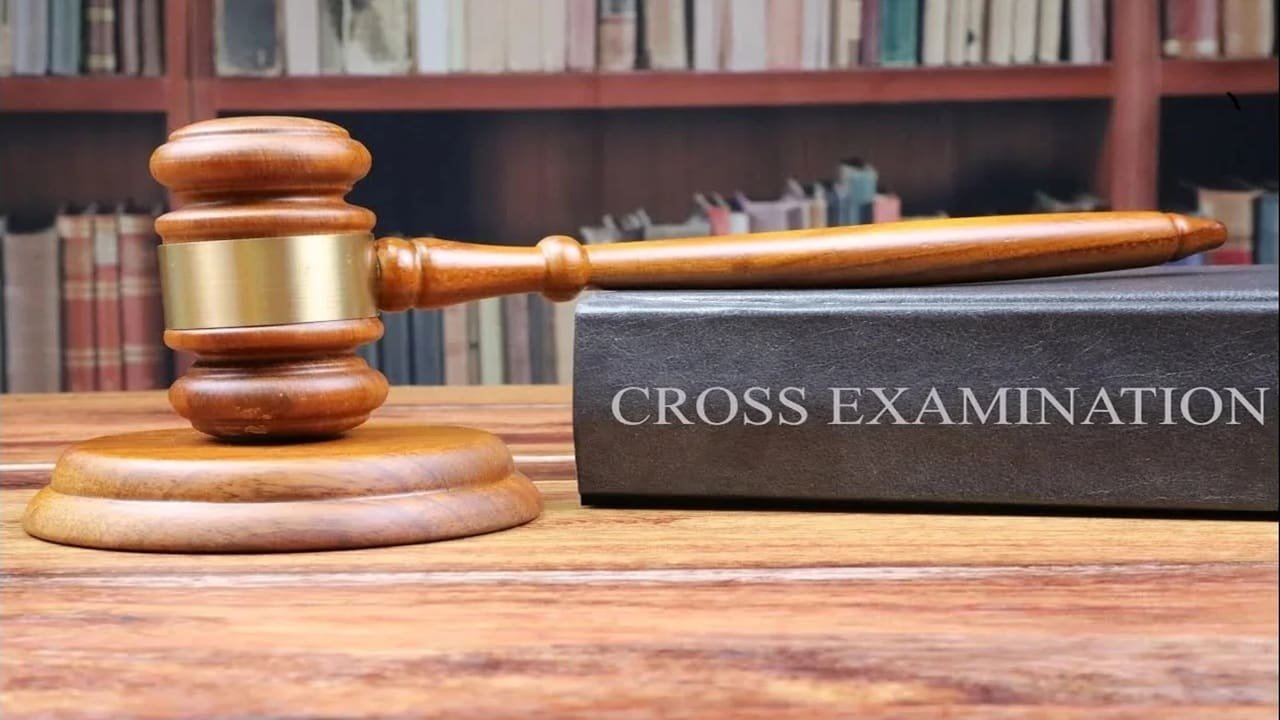A bench warrant is an order from a judge directing law enforcement to arrest someone who has not complied with a court order. A bench warrant is different than an arrest warrant, which is issued based on a suspicion of criminal activity, and is typically issued due to a noncompliance with a court order, such as missing a scheduled court appearance, failing to pay court costs, and failing to respond to a subpoena. Once the bench warrant is issued, it will be placed in the law enforcement database, and law enforcement will arrest you upon contact, even if the contact is incidental, such as during a routine motor vehicle stop.
Common Reasons for a Bench Warrant
A Bench Warrant is usually issued when a person does not appear in court as required, and courts expect absolute compliance on attendance for hearings, even if the person is missing a date without a docket. Further, we see bench warrants issued from time to time when someone has not satisfied the fines or costs ordered by the court, such as child support, traffic fines, or restitution. In rare occasions, there may be a bench warrant for not attending court as a witness when you disregard a subpoena, which is a criminal record demanding you to appear in court as a witness. Similarly, contempt of court can involve exhibiting acts of refusal to follow orders of the court or disruptive behavior in the court.

Consequences of a Bench Warrant
The issuance of a bench warrant can cause critical felony and private outcomes. One of the maximum instant consequences is the opportunity of being arrested at any time, whether at home, work, or in public. Since law enforcement officers have to get entry to warrant data, they can arrest the man or woman at some point during routine visitor stops or identity checks. This can cause an embarrassing and inconvenient scenario, probably resulting in time spent in jail at the same time as awaiting a court docket listening.
In addition to the hazard of arrest, a bench warrant might also cause additional fines and consequences, and in a few cases, judges impose harsher sentences because of the failure to comply with court orders. Having an energetic warrant also can affect employment opportunities, as historical past checks may additionally screen first-rate legal issues, making it tough to secure a task. Furthermore, an unresolved warrant can interfere with tours, as certain governments, including airport security and border management, have get right of entry to to regulation enforcement databases.
How to Check for a Bench Warrant
If a person suspects that a bench warrant has been issued in opposition to them, it’s far vital to confirm its fame as quickly as possible. One of the very best approaches to test for an active warrant is to touch the neighborhood court docket clerk’s workplace, where facts of issued warrants are maintained. Some jurisdictions additionally offer online databases where individuals can search for amazing warrants using their call and case variety.
Consulting with an attorney is another effective technique, as criminal experts have gotten admission to to court docket records and might provide guidance on a way to continue. While journeying to a police station is also a choice, this may result in immediate arrest, making it a volatile technique without proper criminal preparation.
How to Get a Bench Warrant Lifted
A bench warrant does not expire and stays lively till it is addressed through legal methods. However, there are numerous ways to have it lifted or cleared. One of the pleasant courses of movement is to voluntarily appear in the court docket to explain the scenario. Judges can be greater lenient towards folks who take duty for his or her absence and display a willingness to conform to criminal obligations. Hiring an attorney also can be beneficial, as legal specialists can negotiate with the court to not forget the warrant and agenda for a new hearing. In instances wherein the warrant becomes issued due to unpaid fines or missed payments, resolving the monetary responsibilities can every so often result in the warrant being brushed off.
Bench Warrant for Traffic Violations
Many people acquire bench warrants because of unresolved site visitor violations, which include failing to pay tickets or lacking court dates for minor infractions. While those offenses can also appear minor, they could nonetheless cause legal problems if left unaddressed. In a few cases, individuals won’t even be conscious that a warrant has been issued against them until they’re stopped by police for an unrelated traffic count number. The quality manner to address a visitors-associated bench warrant is to contact the courtroom as soon as feasible to set up a price or request a brand new hearing date. Ignoring it could bring about a suspended motive force license, extended fines, or even arrest.
What to Do If Arrested on a Bench Warrant
If a person is arrested due to a bench warrant, final calm, and cooperationonis are crucial. Resisting arrest or arguing with regulation enforcement officials can result in additional charges and a more difficult criminal manner. It is essential to exercise the right to stay silent and request legal representation earlier than making any statements.
Seeking an attorney straight away can help the man or woman understand their rights and discover viable options for resolving the warrant. In a few cases, courts may permit the person to be launched on bail or set up opportunity solutions, which include community carrier or charge plans, to clean high-quality fines. Acting promptly and following prison guidance can help decrease the impact of the arrest and avoid additional complications.
Why It Is Important to Address a Bench Warrant Quickly
Disregarding a bench warrant only causes new felony issues, and needless headaches. Ultimately, the longer someone has this warrant outstanding, the greater chance it has of reappearing, and disrupting someone’s everyday life, via unexpected short term jail time. The fact that someone has allowed the warrant to remain active indefinitely, creates the chance of a more difficult negotiation in court.
If someone is able to act promptly and clear up the original issue and can demonstrate to the court that they are taking responsibility for their legal obligations, this will only be favorable. Taking the initiative by seeking out an attorney, surrendering in court voluntarily, or even paying any outstanding fines, will all benefit addressing the warrant and removing any unnecessary stress.








